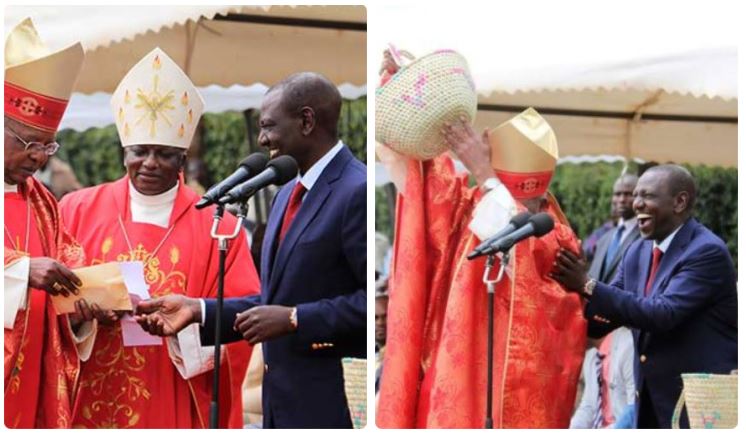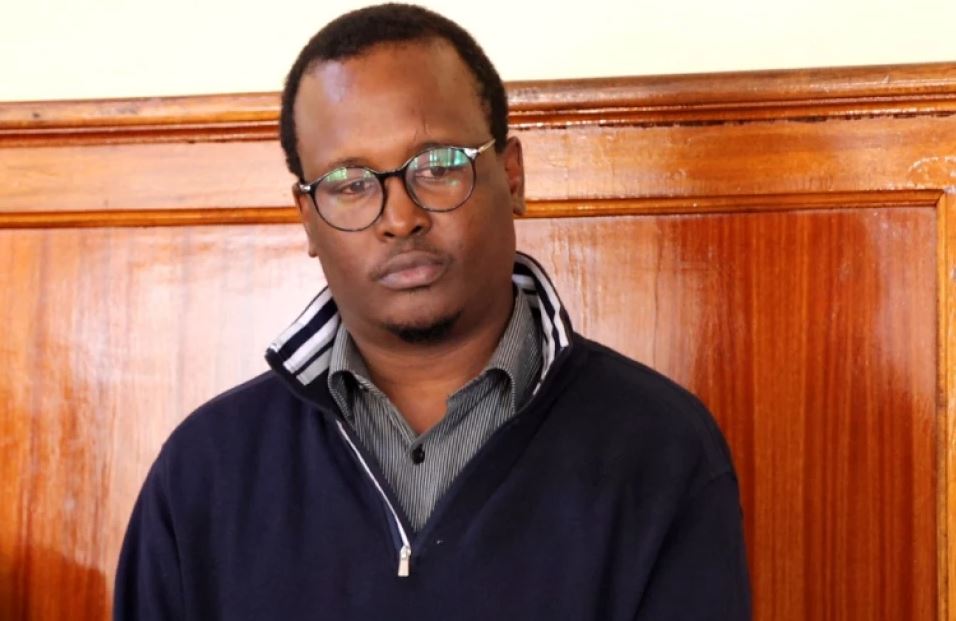 If the proposed draft law aimed at curbing religious extremism and extortion is approved, all churches and religious organizations in Kenya will be required to submit annual financial returns to the government. The Presidential Taskforce on the Review of the Legal and Regulatory Framework Governing Religious Organisations in Kenya presented the draft Religious Organisations Bill, 2024, to President William Ruto on Tuesday.
If the proposed draft law aimed at curbing religious extremism and extortion is approved, all churches and religious organizations in Kenya will be required to submit annual financial returns to the government. The Presidential Taskforce on the Review of the Legal and Regulatory Framework Governing Religious Organisations in Kenya presented the draft Religious Organisations Bill, 2024, to President William Ruto on Tuesday.
The bill outlines the establishment of the Religious Affairs Commission, which will oversee religious matters across the country. Under this proposal, every religious institution will need to provide the commission with annual financial returns, detailed accounts, a register of members, and other necessary documentation.
The draft law specifies that any religious institution failing to submit its returns on time will incur a penalty as prescribed for late submissions. It further details that anyone who intentionally makes or orders false entries or omissions in any return, member register, account, or related document commits an offense. Convicted individuals may face a fine of up to one hundred thousand shillings, imprisonment for up to one year, or both.
Additionally, religious institutions that fail to file their annual returns will face suspension for up to six months. The draft law also mandates that the accounts and member registers of all religious institutions be open to inspection by an office bearer, a member of the institution, the Religious Affairs Commission, or any person authorized by the commission.
The draft law states, “Anyone who obstructs the registrar or any authorized person during an inspection under this subsection commits an offense. Upon conviction, the individual may face a fine of up to one hundred thousand shillings, imprisonment for up to one year, or both.”
Religious Affairs Commission
The proposed Religious Affairs Commission will handle the registration of religious organizations, umbrella organizations, and religious associations. It will also oversee religious affairs, receive and review annual returns, and monitor compliance among religious institutions.
The commission will develop and implement policies on religious organizations, advise the government on religious matters, and establish and publish a code of conduct for these organizations. Additionally, it will conduct research on issues affecting religious institutions and disseminate the findings. The proposal emphasizes the commission’s role in raising public awareness about religious liberty, tolerance, extremism, and the abuse of religious freedoms.
Furthermore, the draft law grants the commission the authority to collaborate with public and private entities, as well as regional and international organizations, to enforce the law effectively.
The commission will consist of a chairperson appointed by the President, the Attorney-General or their representative, the Principal Secretary (PS) for the Treasury, and the PS responsible for internal security or their representative. Additional members will include nominees from the Evangelical Alliance of Kenya, the National Council of Churches of Kenya, the Kenya Conference of Catholic Bishops, and a joint forum of Muslim umbrella religious organizations. The Hindu Council of Kenya will also nominate a member. The commission will include the Registrar of Religious Organisations.
The draft law stipulates that the chairperson and each member will serve a term of three years, with the possibility of reappointment for one additional, final term of three years.








